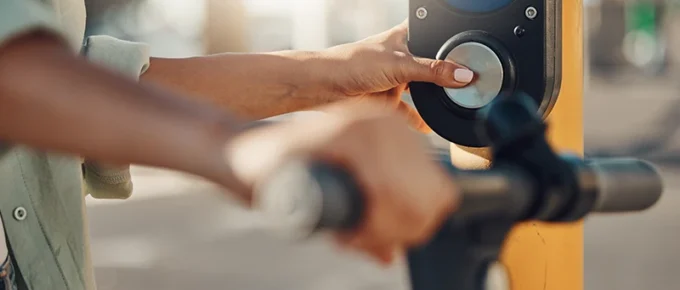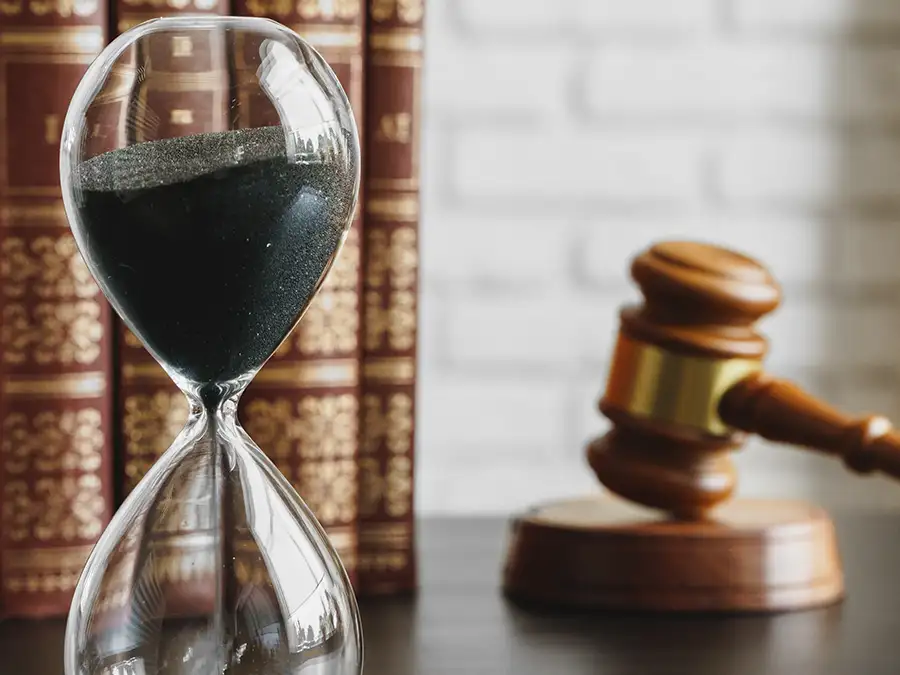
Understand Florida’s right-of-way laws and how they impact your liability in an accident in Miami.
Navigating the streets of Miami, whether you’re behind the wheel, pedaling a bicycle, or strolling on foot, brings with it a tangible risk of accidents. Regrettably, a large proportion of these incidents in Florida could be avoided with a better understanding and adherence to the state’s traffic laws, making it imperative for all road users to be well-informed about these regulations for their safety and the safety of others.
Florida’s right-of-way laws can be a recipe for confusion, resulting in not only minor to major car crash injuries but also catastrophic injuries every year. This article aims to demystify these laws, offering clear guidance on right-of-way rules in Florida.
We’ll also delve into how these laws affect issues of liability and compensation in the unfortunate event of an accident, providing you with crucial information to navigate these situations more confidently and safely.
Bicycle accident and injury statistics in Florida
According to the 2019 Florida Bicycle Law Enforcement Guide, around 30% of bicycle injuries treated in emergency rooms in Florida involved collisions with motor vehicles, and less than 0.14% (1 in 700) of bicycle injuries resulted in fatalities.
The report also found that many crashes in traffic resulted from avoidable errors. In about 70% of police-reported bicycle-motor vehicle crashes, cyclists were found to have violated a traffic law, while motorists were found to have violated a traffic law in about 45% of crashes.
Do bicycles have the right of way in Florida?
There is not a simple “yes” or “no” answer to this question, as it depends on the circumstances.
The first thing to understand is that in Florida, bicycles have the same rights and responsibilities as other vehicles on the road. As such, they’re expected to obey the same traffic laws as motorists, including traffic signals and stop signs.
However, the concept of “right of way” is situational and depends on the specific traffic scenario. Below, we’ve outlined some key points regarding bicycle and right-of-way laws in Florida:
- General right of way on Florida roads. At intersections with traffic signals or stop signs, bicyclists must follow the same rules as other vehicles. This means stopping at stop signs, obeying traffic lights, and yielding the right of way when required. Additionally, when a bicyclist is entering a roadway from a driveway, sidewalk or bike path, they must yield the right of way to vehicles already on the road.
- Right of way on sidewalks and crosswalks. In Florida, if a bicyclist is riding on a sidewalk or in a crosswalk, they have the same rights and duties as a pedestrian. When riding on a sidewalk or crosswalk with a pedestrian, bicyclists must yield the right of way to pedestrians and provide an audible signal before passing.
- Right of way when passing other bicycles. Motorists passing bicycles on the roadway are required to maintain a safe distance of at least 3 feet from the bicyclist. The right of way should be given to bicyclists when motorists are passing them, especially in narrow lanes where it may not be safe to pass without changing lanes.
- Right of way when turning at intersections. Both motorists and bicyclists must yield the right of way to oncoming traffic when making left turns. When making right turns, motorists should ensure that they do not cut off bicyclists who may be traveling straight through the intersection.
- Right of way in bike lanes. Bicyclists in bike lanes generally have the right of way over vehicles entering or crossing the bike lanes, but they should remain alert for vehicles turning across their path.
Remember, the key principle behind the right of way is safety and courtesy. All road users, including bicyclists and motorists, should exercise care and consideration to avoid accidents and ensure everyone’s safety on the road.
Florida personal injury claims process: Timeline & steps
A guide to help you understand the Florida personal injury settlement process so you know what to expect.
How do Florida right-of-way laws impact liability and compensation in an accident?
In Florida, right-of-way laws significantly impact liability and compensation in the event of an accident between a bicycle and a car.
If a car driver fails to yield the right of way to a bicyclist as required by law, the driver can be held liable for any injuries and damages (both economic and non-economic) that result. Conversely, if a bicyclist fails to yield when they’re supposed to, they can be held financially responsible for the accident.
However, Florida law recognizes that an accident isn’t always 100% the fault of a single person. As such, Florida follows a modified comparative negligence system for determining liability in accidents. This means that in an accident, each party’s fault is assessed as a percentage, and compensation is allocated accordingly. However, accident victims can only recover compensation if they were 50% or less at fault for the accident.
For instance, let’s say you failed to yield the right of way at an intersection while riding your bike, but the driver who hit you was drunk at the time of the accident. If a court determines that you were 40% at fault for not yielding and the driver was 60% at fault for driving under the influence, any compensation you’re awarded for the accident would be reduced by your percentage of fault, which is 30%.
Determining fault in right-of-way accidents can be complex. In such cases, legal counsel can be crucial. An attorney can help interpret how right-of-way laws apply to the specific circumstances of the accident, gather evidence, negotiate with insurance companies, and, if necessary, pursue legal action for fair compensation.
Get help from an experienced Miami accident attorney
Whether you or a loved one has suffered a serious injury or wrongful death in a car, bicycle or pedestrian accident caused by someone else’s negligence, knowledgeable Miami accident attorney Mike Redondo can help you get the compensation you deserve.
Mike spent his early years working as an attorney for an insurance company, and he now uses that insider knowledge to help his clients maximize their payouts after a Florida accident.
Learn more about how he can help with your claim by filling out the form below to schedule your free consultation with Redondo Law.


